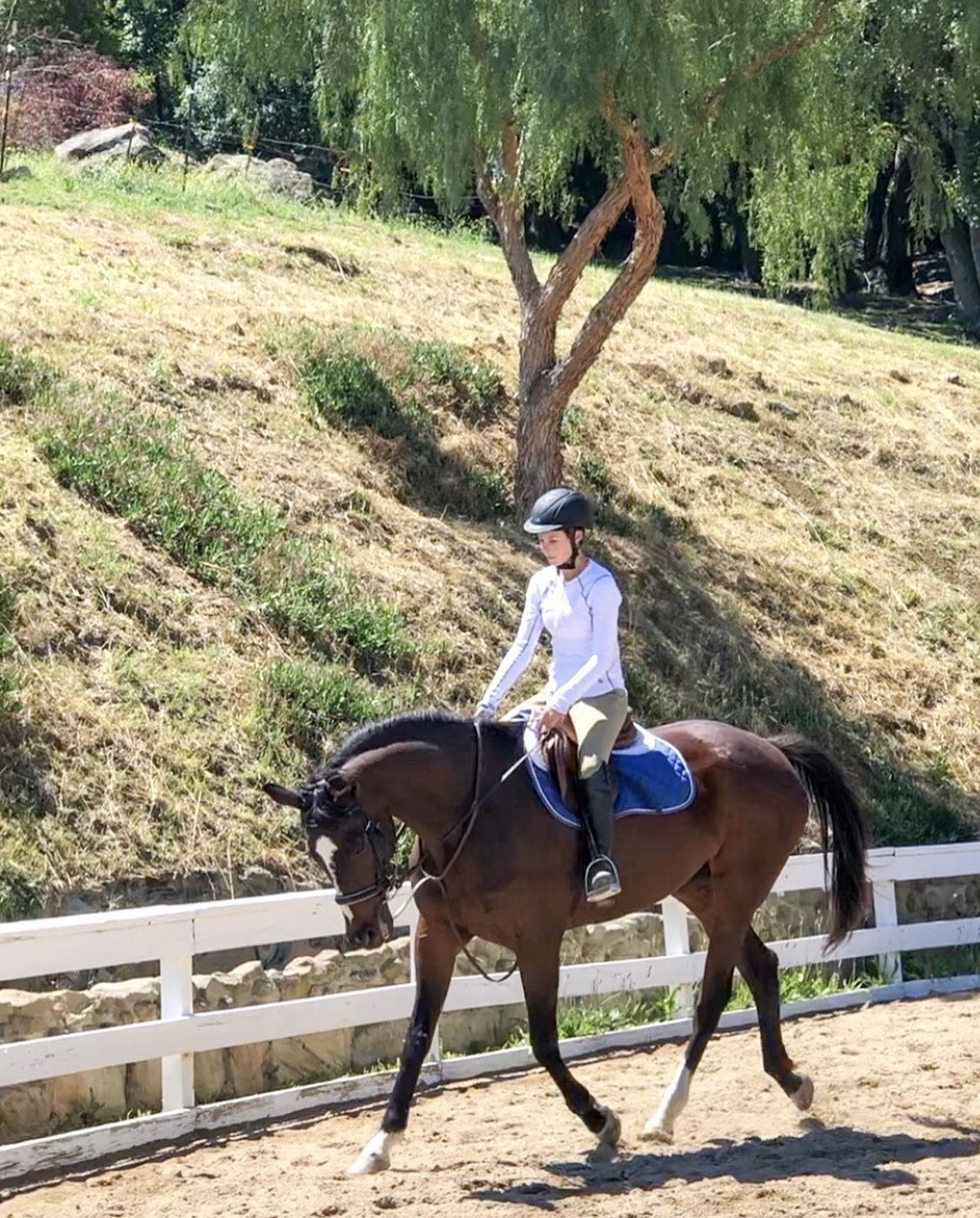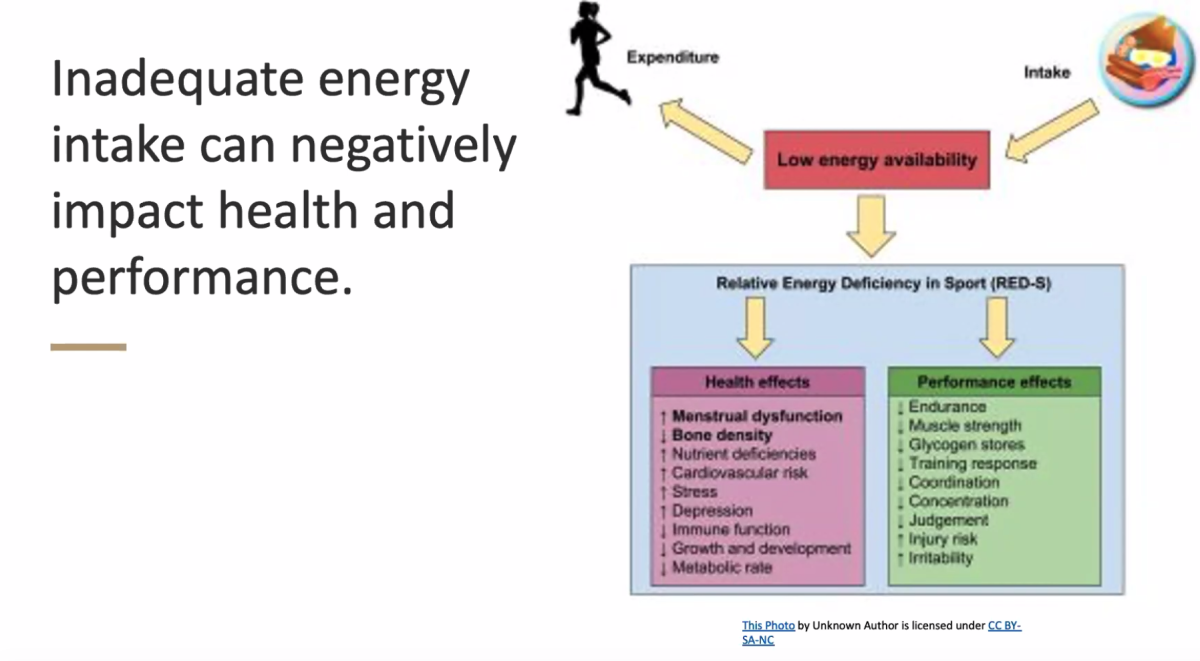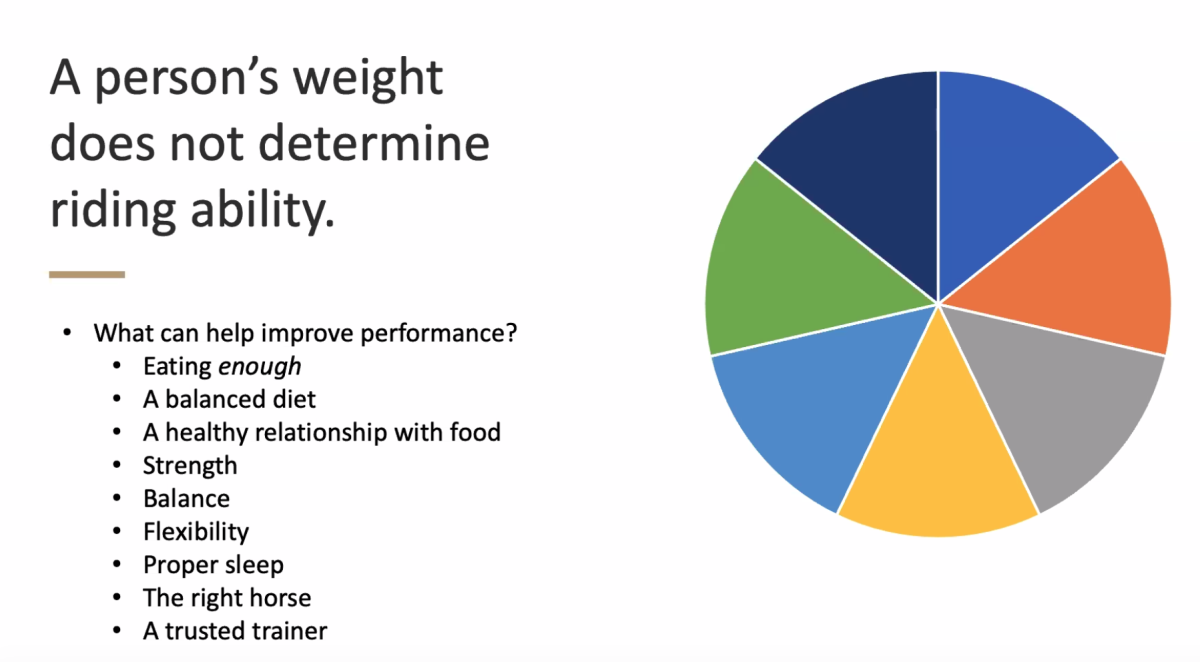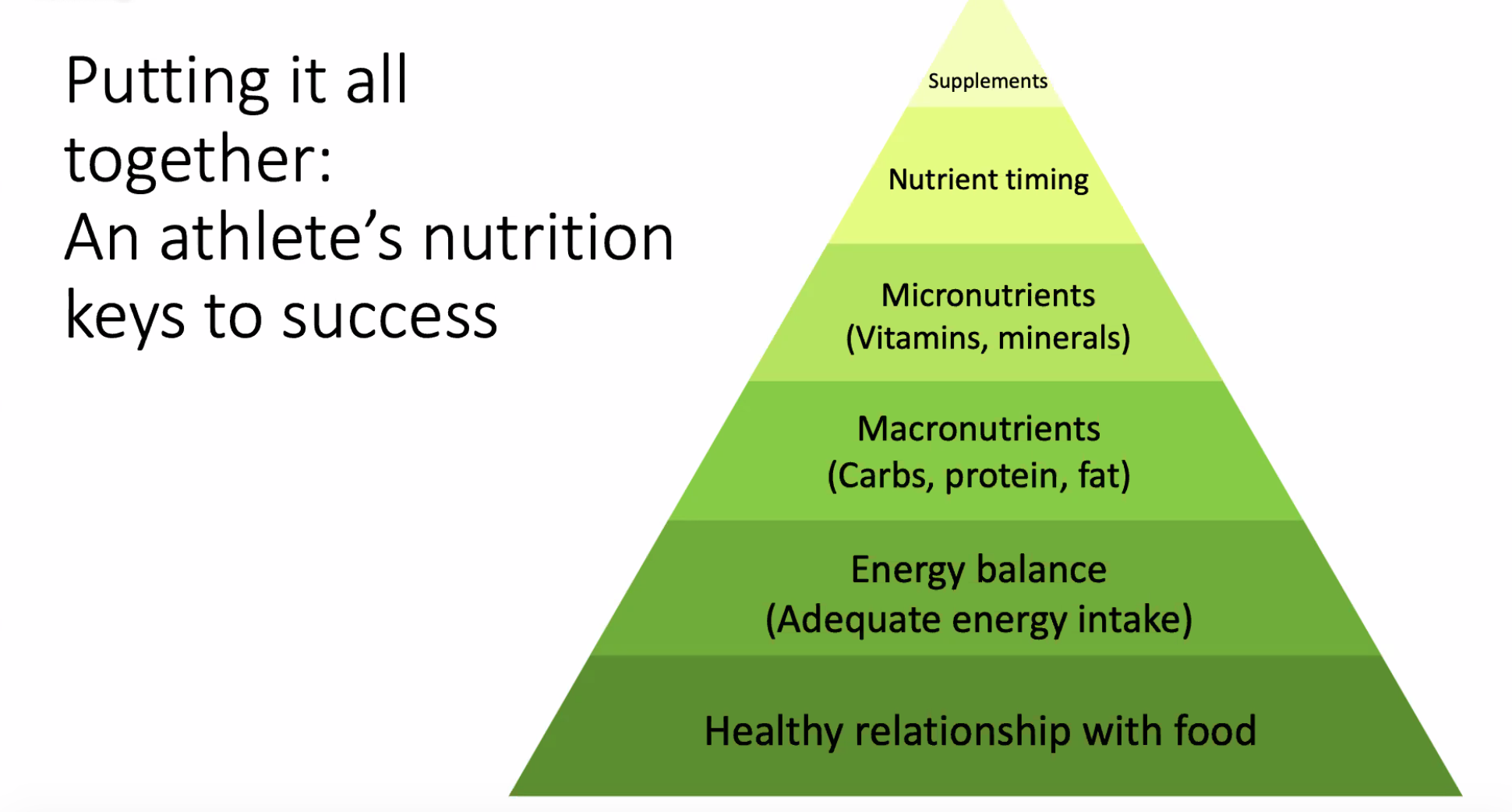“Nutrition is very much a science,” explained registered dietitian nutritionist Natalie Gavi. There are so many different fad diets and misconceptions about sports nutrition and Natalie was ready to set the record straight during her seminar at the U.S. Hunter Jumper Association’s virtual annual meeting. Natalie, who is based in Los Angeles, combined her passions for nutrition and equestrian sport and created her own practice, Gavi Nutrition. A lifelong rider, Natalie sees a need for a greater understanding of proper nutrition among equestrians.

During the discussion, Natalie gave a quick “Nutrition 101,” including an overview on the basics of macro- and micronutrients, and then delved into some of the most common misconceptions surrounding nutrition:
Myth #1: Carbs are Bad
Carbs are important for overall health and in sports nutrition, they are essential for optimal performance, Natalie explained. Not eating enough carbs can lead to a negative impact on energy levels, concentration, gastrointestinal health, mood and restriction of carbohydrates can lead to unhealthy eating behaviors.

Myth #2: Athletes Should Avoid Simple Carbs
Simple carbs may actually be a better choice before riding or exercise because they can be broken down quickly and used as an immediate energy source, whereas complex carbs take longer to break down because they have more fiber. High-fiber foods can also lead to gastrointestinal stress if eaten before riding or exercising.
An example of a simple carb to eat before riding would be apple sauce, as opposed to an apple which has more fiber. The skin on the apple will take longer to digest while the apple sauce is pure energy that can be used by your muscles as a source of energy immediately.
Myth #3: More Protein Equals More Muscle
Protein plays many roles in the body, including in immune function and prolonged energy levels. The key is to consume a variety of proteins to meet nutritional needs. Your body can also only process so much protein, so it’s good to get in the habit of eating protein with every meal so your body can process it and use it more effectively.
Myth #4: Athletes Need Supplements to Help with Health and Performance
Supplements are useful to fill nutritional gaps, but nutritional needs should be met with whole foods first and then with supplements if necessary. There are also some risks that come with using supplements. The first is that if you take more than your body needs, the supplement will just be excreted, or if it’s fat soluble, the body can hold on to it may cause toxicity. The second is that supplements aren’t well regulated. “What you see on the label isn’t necessarily what you’re getting in the bottle,” Natalie explained. Look for third party-tested nutritional supplements, like from USP, Informed Sport or NSF. One other note: USP does not test for banned substances, while Informed Sport and NSF do.
Myth #5: Emotional Eating is Bad
“Emotional eating is completely normal,” said Natalie. It is natural to find a sense of comfort in food. Society tells us it’s wrong. Natalie explained emotional eating in this context: When infants cry, parents or caretakers usually first try to console the baby by feeding him. At the same time he is being fed, he is also being held and coddled and therefore feels safe and comforted. There’s a bond and an emotional connection, so it’s all intertwined. It’s natural for food and comfort to be connected.
Natalie did give one caveat: “If you’re using food as the primary coping mechanism to deal with emotions, it may be helpful to look for other coping strategies.”
Myth #6: Losing Weight Will Make You a Better Rider
“A person’s weight does not determine riding ability,” Natalie explained. Think about what other factors can improve performance that has nothing to do with a number on the scale. Inadequate energy intake can negatively impact health and performance. In children and teenagers, growth and development can be impacted. If you aren’t giving your body the energy it needs, it’s going to be difficult to achieve athletic goals.

Other nutrition tips from Natalie:
• Make sure you’re eating consistently throughout the day, try not to go more than 3-4 hours without eating
• Whenever you eat, go through this checklist: Is there a carb? A protein? Some color? These are the pillars of a traditionally balanced meal
• Keep in mind that all foods fit. Any time you would think of restricting something for one reason or another, this sets the stage for a cycle or restriction, overeating, guilt and back to restriction

For more from Natalie, check out this Q&A, her interview on the Practical Horseman Podcast and more of her insights on sports nutrition.










